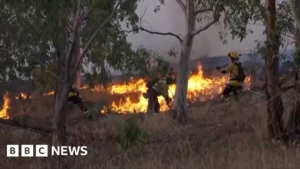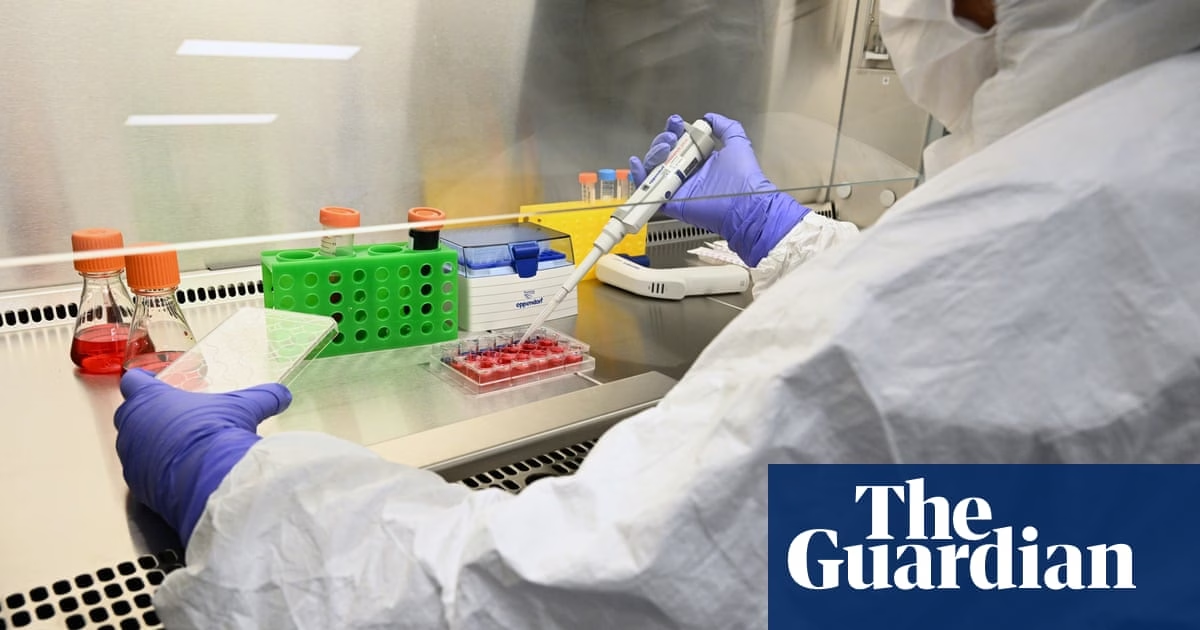Cutting prestigious Australian Research Council fellowships under proposed changes will hinder the attraction of international research talent, according to researchers. The changes, which will replace most standalone positions with shorter “embedded” fellowships integrated into projects, will reduce the number of competitive grant programs from 15 to six, ending three-year fellowships for early-career researchers and four-year futures fellowships for mid-career researchers. These changes are seen as especially problematic in a global research climate marked by uncertainty due to the Trump administration’s policies, diminishing Australia’s “match fitness” to compete.
The Australian Research Council (ARC) argues in a discussion paper that the current four-year fellowships concentrate substantial funds on individual researchers, proposing the shift to two-year “embedded” fellowships to distribute funds to more people and projects. However, this plan has been met with criticism from academics, who argue that a two-year period is insufficient to make significant progress in research, build a career, and offer competitive attraction for international researchers. Unlike in North America or Europe, most early-career Australian researchers rely on research grants for funding rather than direct university funding.
This is particularly concerning amidst the backdrop of drastic cuts in US research funding, including projects in Australia, driving American researchers to seek opportunities internationally. In contrast, Europe is actively recruiting US academics, doubling relocation allowances for researchers outside the EU. The implications for attracting and retaining exceptional researchers, both from abroad and among Australian talents currently overseas, are significant.
Critics argue that Australia’s investment in research and development, currently at 1.7% of GDP and below the OECD average, is not sufficient to support long-term research careers or compete globally. Despite acknowledgment of the need to simplify the ARC’s grants programs, there are concerns about the ramifications of these changes for research career advancements and the overall vitality of Australia’s research landscape.
Professionals like Prof. David Schlosberg and Prof. Sharath Sriram have expressed concerns, highlighting the risk of diminishing Australia’s standing in international research rankings if these changes are implemented without careful consideration. The ARC’s proposed overhaul includes a scheme for funding high-risk, innovative research by early-career scholars with no established track record, though the lack of clarity on employment durations remains a point of contention. Public consultation on these proposed changes is open until April 13, with the ARC set to provide its final recommendations to the government in mid-2025.
Source: https://www.theguardian.com/australia-news/2025/mar/31/changes-to-arc-grants-will-make-it-harder-for-australia-to-combat-trump-chaos-researchers-warn









